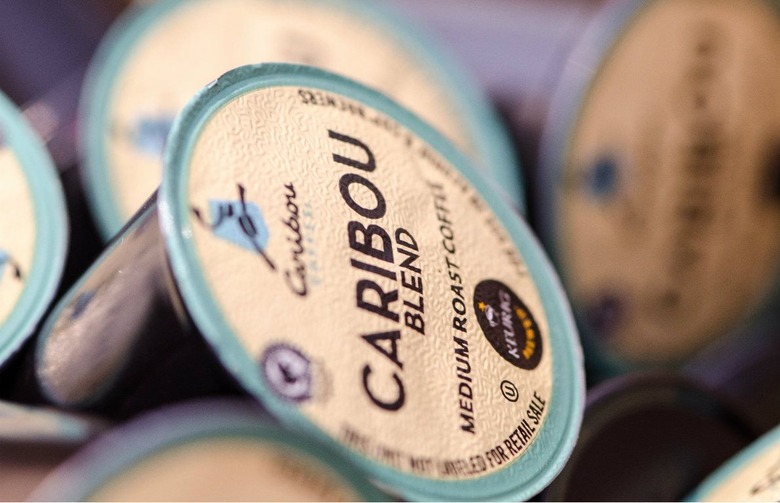All Those Single-Serve Coffee Pods Are Hurting Coffee Farmers
The advent of the single-service coffee pod, most recognizable in the popularity of Keurig's K-Cup and its many copycats, has made huge waves in the way Americans drink coffee. Approximately one in three American homes has one, and companies like Folgers and Dunkin' Donuts quickly learned to get on board.
Our love for those coffee pods, however, is hurting the coffee farmers whose whole livelihoods depend on the demand for good old coffee beans. According to Bloomberg, while Americans are drinking as much coffee as ever, we're mostly buying it in pods — for home use, anyway.
"The coffee market has lost its best consumer: the kitchen sink," Hernando de la Roche, a senior vice president at INTL FCStone Inc., a commodities trading firm, told Bloomberg. "Roasters are telling us that single-cup coffee has been reducing demand." The problem is made worse by the fact that coffee is currently in great supply.
John Boyle, chief operating officer at the company behind Hills Bros., Chock full o'Nuts and Kauai coffees, called it "volume erosion in the overall coffee category." That loss is also hurting the very industry responsible for coffee production, which needs to be moving a lot more product.
Those plastic coffee pods, by the way, are still not recyclable, and K-Cup inventor John Sylvan says they never will be.
Sylvan told The Atlantic that he thinks of them more like "a cigarette for coffee" and that he regrets their effect on the environment, which is not small. He also doesn't even like to use them.
"It's not like drip coffee is tough to make," Sylvan said.
